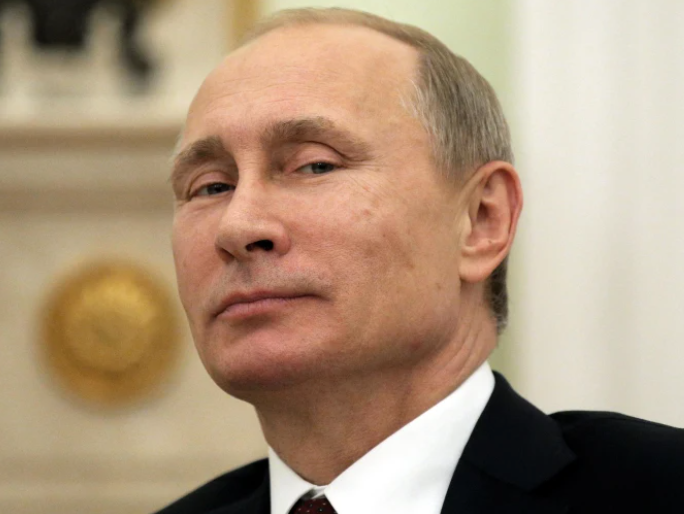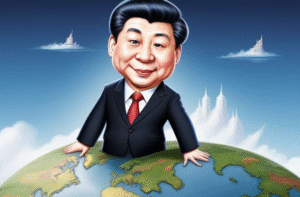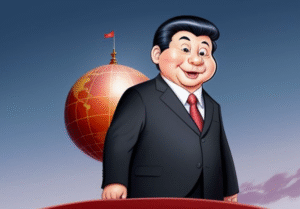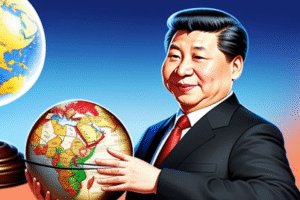$XLE $RSX #Tariffs #Trump #China #India #Brazil #Russia #FossilFuels #TradeWar #EconomicImpact #Ukraine
Will 100% Tariffs on Russian Exports Push for a Ukraine Peace Deal by September?
In the latest development in international trade, the Trump administration has threatened to impose a staggering 100% tariff on Russian exports if a peace deal in Ukraine is not reached by September. This drastic measure is likely to have severe repercussions on major global economies, particularly China, India, and Brazil. These nations are among the top importers of Russian fossil fuels, which positions them at the forefront of potential economic distress.
The introduction of such tariffs raises significant questions about global trade dynamics and the strategic pressures applied to expedite diplomatic resolutions. This move by the Trump administration is a bold gambit, reflecting a broader strategy to leverage economic tools for geopolitical outcomes. The urgency imposed by the September deadline adds a layer of complexity to international relations, particularly for the nations most reliant on Russian energy resources.
Economic Ramifications of Tariffs on Russian Exports
The potential impact of these tariffs extends beyond the immediate economies of China, India, and Brazil. There is a ripple effect to consider, one that could disrupt global supply chains and inflate global energy prices. As the world still grapples with the economic recovery post-pandemic, such tariffs could exacerbate volatility in international markets. Moreover, energy-dependent industries across these nations could face increased operational costs, impacting global markets from automotive to manufacturing sectors.
Furthermore, the targeted nature of these tariffs—focused on Russian exports—highlights a strategic approach to influence Russia’s economic decisions regarding Ukraine. By impacting the financial stability of Russia’s fossil fuel market, the Trump administration may be positioning itself to push for more favorable diplomatic negotiations.
Strategic Implications for Global Diplomacy
The use of tariffs as a tool of diplomacy is not new, but the scale and targeted nature of this proposal are particularly noteworthy. If implemented, these tariffs could serve as a catalyst for broader geopolitical shifts. Nations heavily reliant on Russian energy may need to seek alternative sources, potentially altering alliances and trade relationships.
Additionally, this strategy places significant pressure on Russia to engage constructively in peace talks with Ukraine, potentially accelerating a resolution. However, it also risks escalating tensions if perceived as too coercive or if it leads to significant economic harm in the involved countries.
Looking Ahead: Scenarios and Predictions
As the September deadline approaches, the international community will closely monitor the responses from China, India, and Brazil. The strategic recalibrations these nations undertake in response to the tariff threat will be telling of the broader impacts on global trade and diplomacy.
In conclusion, the proposed 100% tariffs on Russian exports by the Trump administration could significantly influence the global economic landscape and geopolitical stability. The effectiveness of this approach in fostering a Ukraine peace deal remains to be seen, but it undeniably sets the stage for a critical period in international relations. As countries strategize their next moves, the global community remains watchful of the unfolding economic and diplomatic drama. For further insights into the implications of such economic policies, explore our detailed analysis on global stock markets and trade policies.











Comments are closed.